To replace a human driver, autonomous car will have to “see” and do it in a better way than human being. The available solution, based on camera, radar, lidar, is not perfect and need to be improved. Radar is great for “seeing” in bad weather but has insufficient resolution to distinguish distant objects. Lidar produces high-resolution… Read More
 CEO Interview with Dr. Raj Gautam Dutta of Silicon AssuranceDr. Raj Gautam Dutta is the Co-Founder and…Read More
CEO Interview with Dr. Raj Gautam Dutta of Silicon AssuranceDr. Raj Gautam Dutta is the Co-Founder and…Read More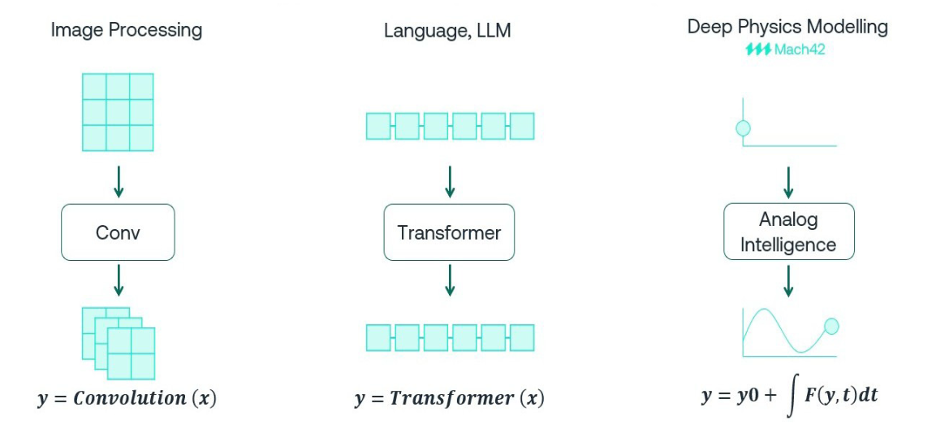 Beyond Transformers. Physics-Centric Machine Learning for AnalogPhysical AI is an emerging hot trend, popularly…Read More
Beyond Transformers. Physics-Centric Machine Learning for AnalogPhysical AI is an emerging hot trend, popularly…Read MoreStemming Mobility Race to the Bottom
Pundits and pontificators are publishing viewpoints on a utopian future of smart cities and optimized transportation options populated with new mobility solutions ranging from automated ride hailing services to sharable bikes and scooters. In this halcyon view, the bikes and scooters and ride-hail cars will deliver passengers… Read More
No Cord Cutting Autonomous Cars
The automotive industry is a world of contradictions. Nowhere is this more evident than in the realm of connected cars. Car makers remain utterly conflicted over connecting cars 21 years after General Motors got the ball rolling with the introduction of OnStar.
Even GM had to famously be goaded into connecting its cars by then executive… Read More
LithoVision 2019 – Semiconductor Technology Trends and their impact on Lithography
I was asked to present at Nikon’s LithoVision event again this year. LithoVision is held the day before the SPIE Advanced Lithography Conference also in San Jose. The following is a write up of my talk.… Read More
Report from SPIE EUV Update 2019
Not as much new – No breakthrough announcements, 300 watts is better than 250 watts – Pellicle Problems, TSMC is EUV king – Third times a charm? We attended this years SPIE Lithography convention in San Jose as we have for many years. Although the show was quite enthusiastic and EUV was the central topic, as it has… Read More
Synopsys GLOBALFOUNDRIES and Automotive IP
IP vendors have always had the inside track on the status of new process nodes and what customers are planning for their next designs. This is even more apparent now that systems companies are successfully doing their own chips by leveraging the massive amounts of commercial IP available today. Proving once again that IP really … Read More
Can I Trust my Hardware Root of Trust?
Hardware Roots of Trust (HRoTs) have become a popular mechanism to provide a foundational level of security in a cell-phone or IoT device or indeed any device that might appear to a hacker to be a juicy target. The concept is simple. In order to offer credible levels of security, any level in the stack has to be able to trust that levels… Read More
How Well Did Methodics do in 2018?
In January I read from the ESDA Allianceabout EDA and Semiconductor IP revenues increasing 6.7% for Q3 2018, reaching $2,435.6 million, which is decent growth for our maturing industry. In stark contrast there’s a company called Methodicsthat specializes in Intellectual Property Lifecycle Management (IPLM) and traceability… Read More
Safety: Big Opportunity, A Long and Hard Road
Safety, especially in road vehicles (cars, trucks, motorcycles, etc.), gets a lot of press these days. From the point of view of vendors near the bottom of the value chain it can seem that this just adds another item to the list of product requirements; as long as you have that covered, everything else remains pretty much the same in… Read More
eSilicon Expands Expertise in 7nm
At SemiWiki we usually don’t write about the press releases we are sent. However, a recent press release by eSilicon caught my eye and prompted me to call Mike Gianfagna, eSilicon Vice President of Marketing. The press release is not just about one thing, rather it focuses on a number of interesting things that together show their… Read More

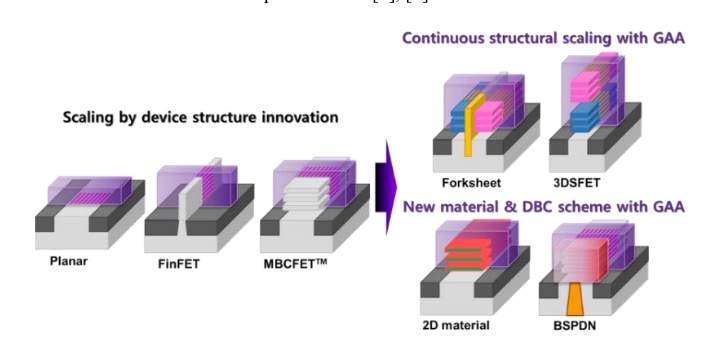


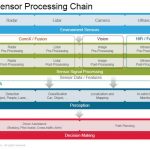


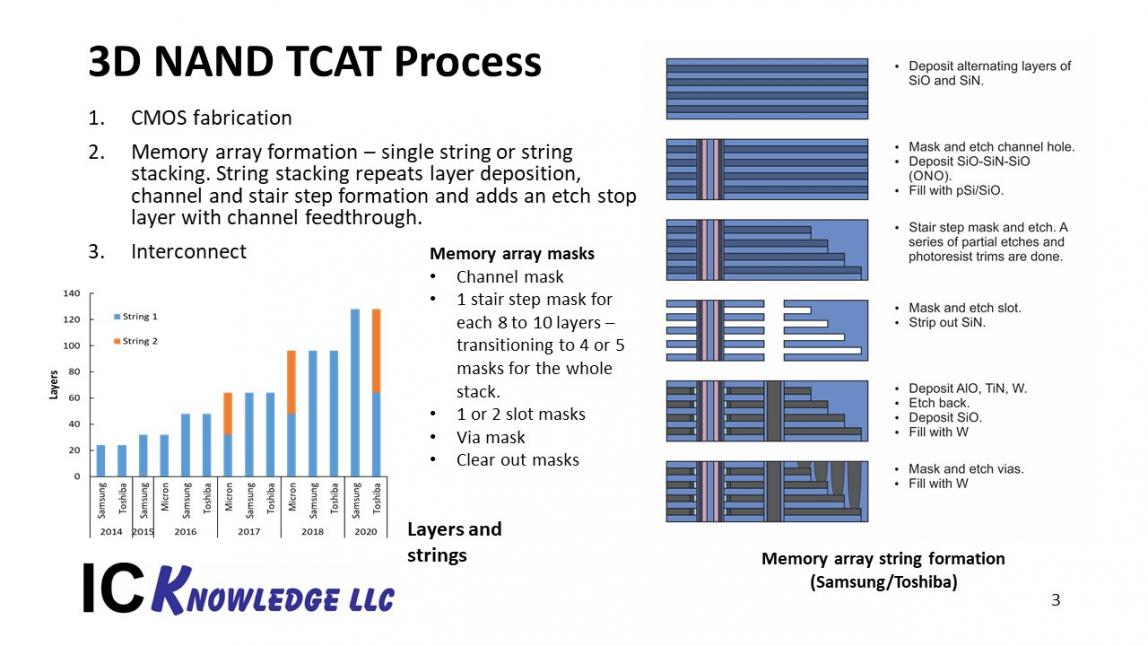





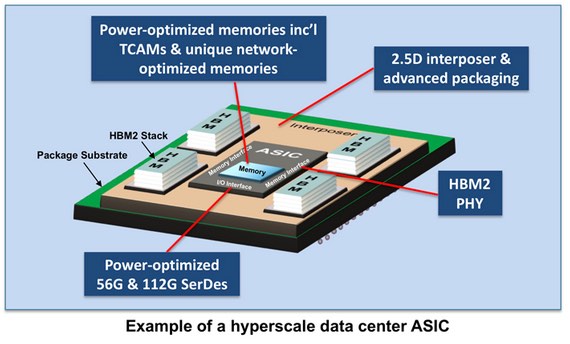
Semidynamics Unveils 3nm AI Inference Silicon and Full-Stack Systems